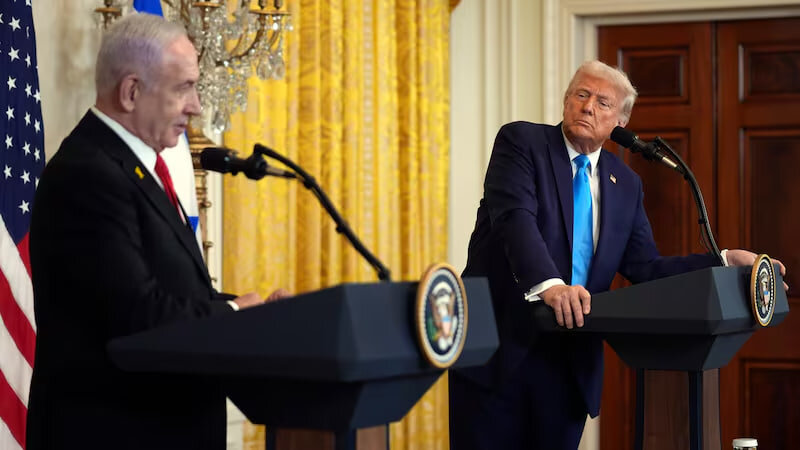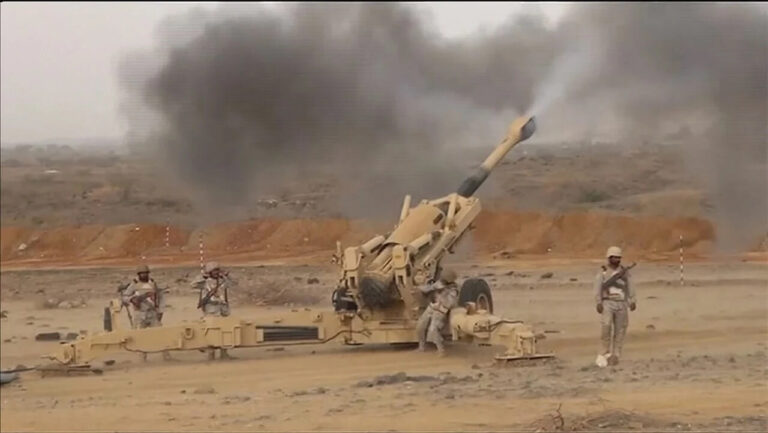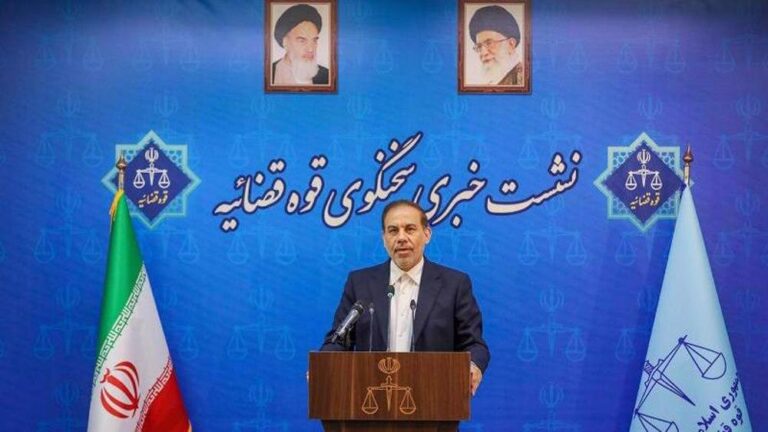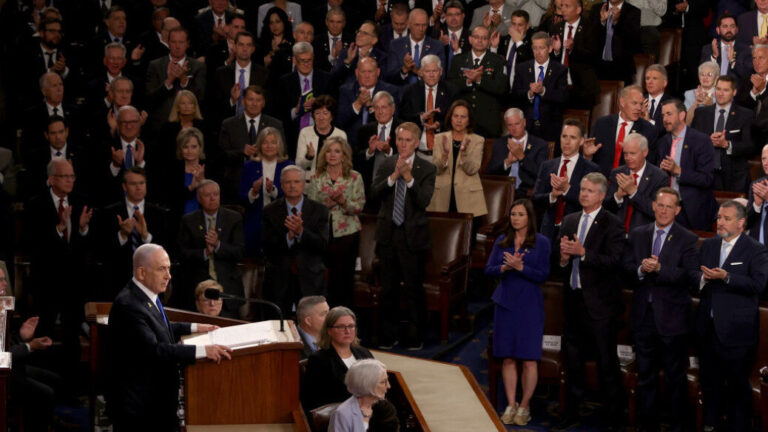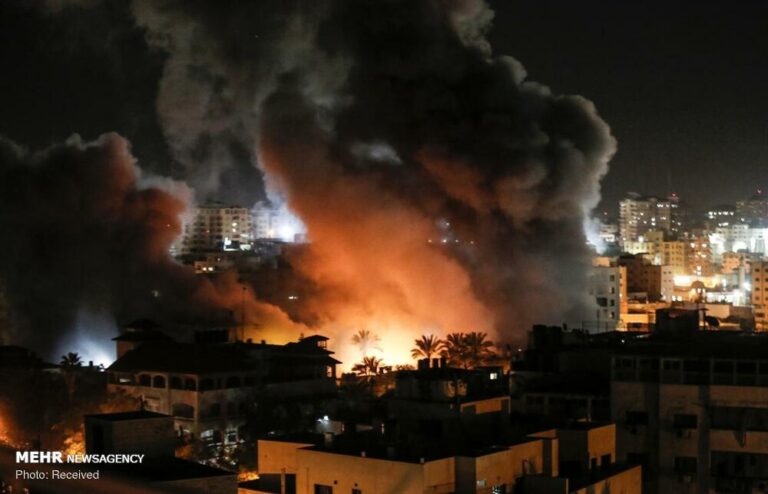Trump Faces Tough Questions: Why Has Gaza Become ‘Hell on Earth’?
In recent discussions surrounding the Gaza Strip, former President Donald Trump has made headlines with his controversial remarks and proposals. His comments have sparked significant debate about the ongoing humanitarian crisis in Gaza and the role of international actors in this complex situation.
On February 4, during a press conference with Israeli Prime Minister Bibi Netanyahu in the Oval Office, Trump characterized the living conditions in Gaza as “hell.” This assertion raises critical questions about the underlying causes of the humanitarian crisis in the region. Trump’s fixation on Gaza, alongside his previous interests in Canada and Greenland, suggests a troubling pattern of viewing regions through a lens of ownership rather than empathy.
It is essential to explore the reasons behind the current state of affairs in Gaza. The coastal enclave has been subjected to relentless attacks and military operations, leading to devastating consequences for its over two million residents. Trump’s proposal to take over Gaza and relocate its inhabitants not only appears to be a misguided solution but also serves as a troubling endorsement of the violence inflicted by the Israeli government.
- Background of the Conflict: The ongoing conflict intensified after the shocking attack on southern Israel on October 7, which has been cited as a justification for the heavy bombardment of Gaza.
- International Reactions: Trump’s suggestion to take control of Gaza has been met with criticism, as many see it as a reward for the Israeli regime’s aggressive tactics.
- Humanitarian Concerns: The resulting humanitarian crisis demands accountability, not only from Israel but also from the United States, which has historically supported military actions in the region.
During the press conference, Netanyahu responded positively to Trump’s proposal, labeling it as “revolutionary” and “creative.” This endorsement reflects a broader trend in which the Israeli government feels emboldened to continue its military actions without facing significant international repercussions. The implications of Trump’s statements are profound, as they signal a potential escalation in hostilities and further suffering for the Gazan population.
The situation in Gaza can be described as a result of a complex interplay of political interests, military strategies, and international relations. It is crucial to ask the following questions:
- What are the historical factors that have led to the current humanitarian crisis in Gaza?
- How has international support (or lack thereof) influenced the actions of the Israeli government?
- What measures can be taken to hold accountable those responsible for war crimes in the region?
Critics argue that the United States has played a complicit role in exacerbating the situation in Gaza. Rather than seeking to address the root causes of the conflict, the U.S. has provided military support to Israel, enabling further violence against civilians. This complicity raises ethical questions about the responsibilities of powerful nations in conflict zones.
As the international community watches the developments in Gaza, it is essential to advocate for justice and accountability. The International Court of Justice (ICC) has called for trials against those accused of war crimes, emphasizing the need for a fair examination of the actions taken by both the Israeli government and militant groups.
In conclusion, the conversation surrounding Trump’s proposal for Gaza reflects a broader issue of how geopolitical interests overshadow humanitarian needs. The people of Gaza deserve more than mere proposals; they require genuine efforts to restore peace and dignity. The world must come together to ensure that justice is served, and that the legacy of violence does not continue unabated. Recognizing the humanity of those affected is a crucial step toward creating a sustainable solution for Gaza and its people.
